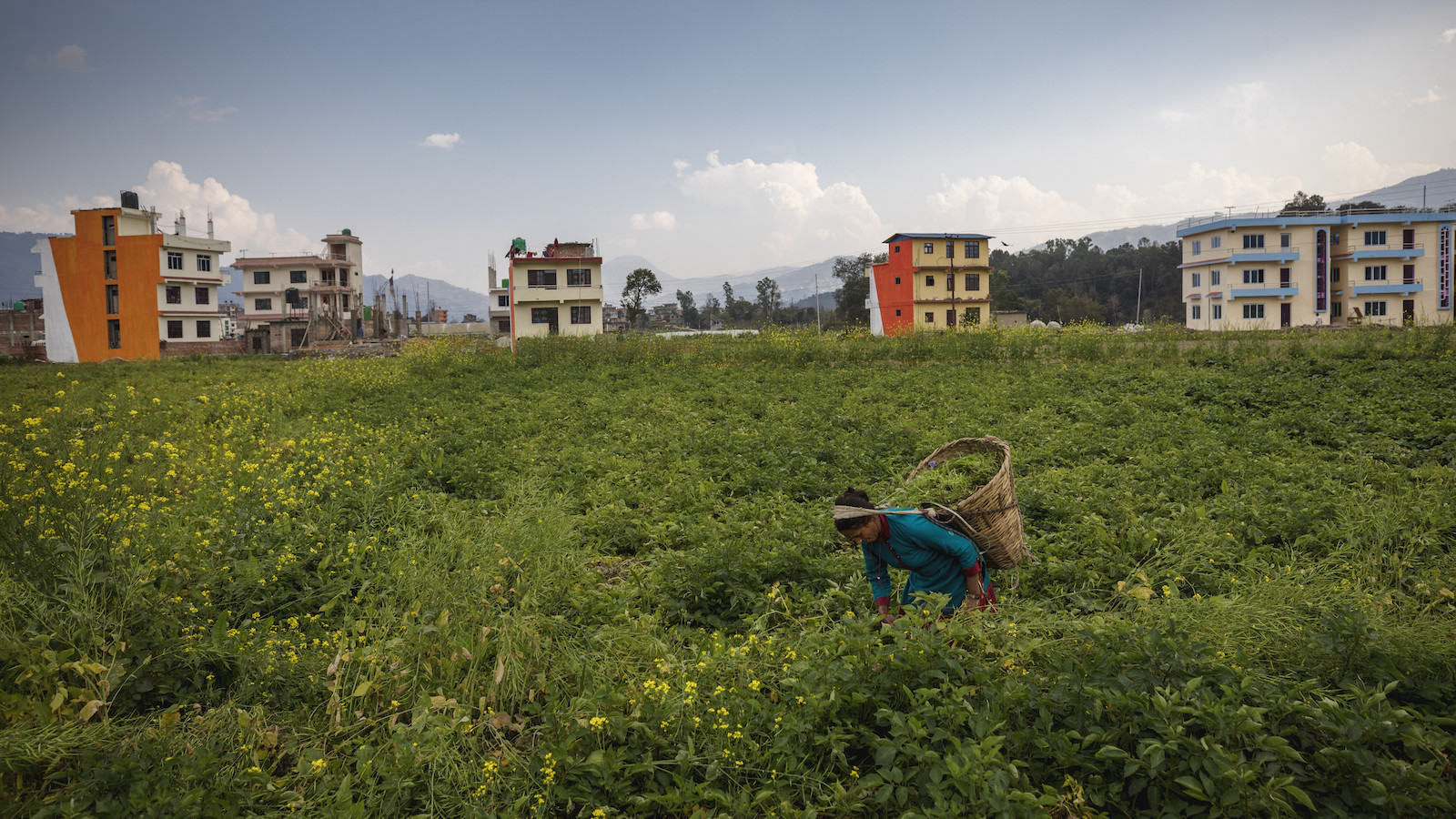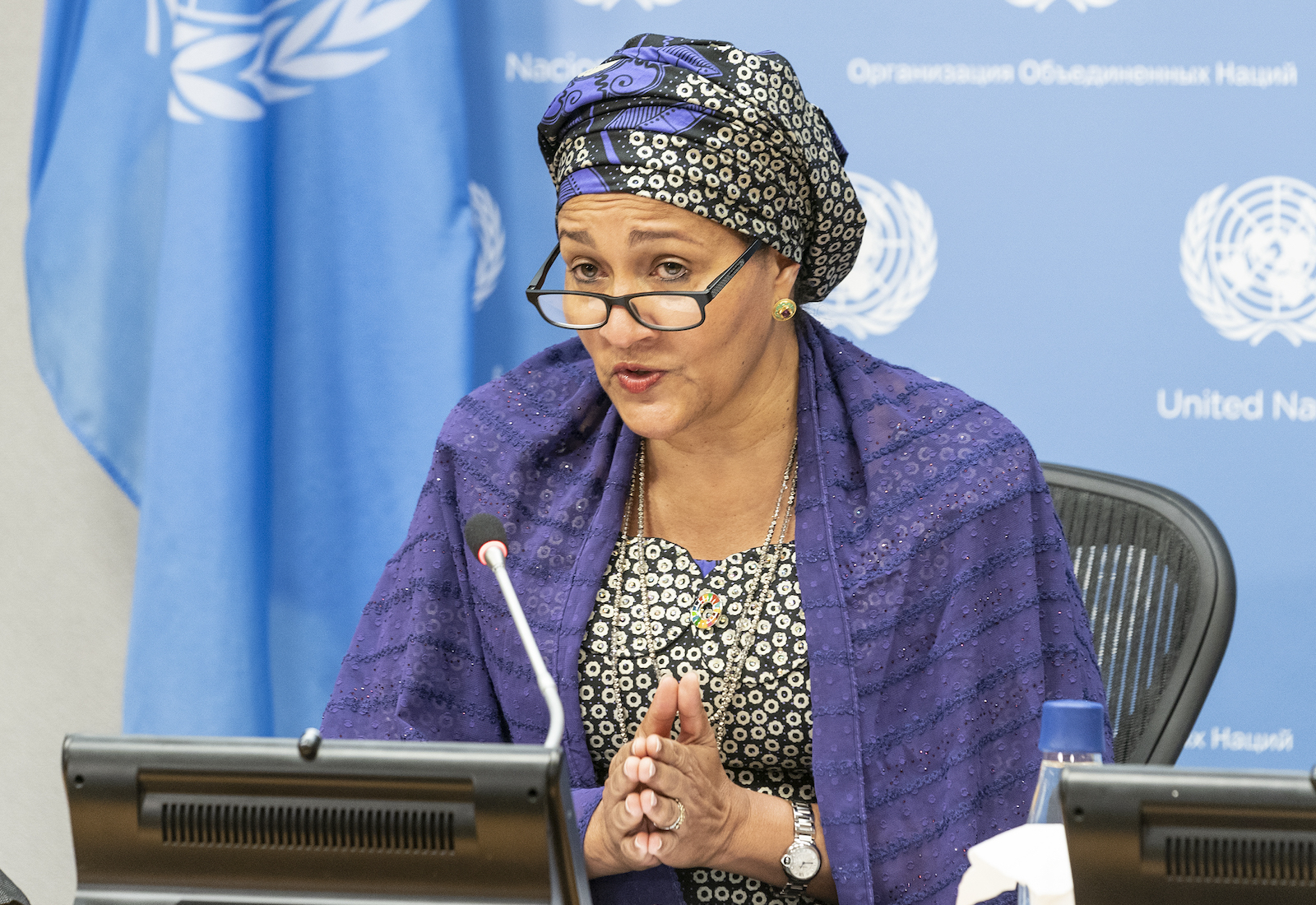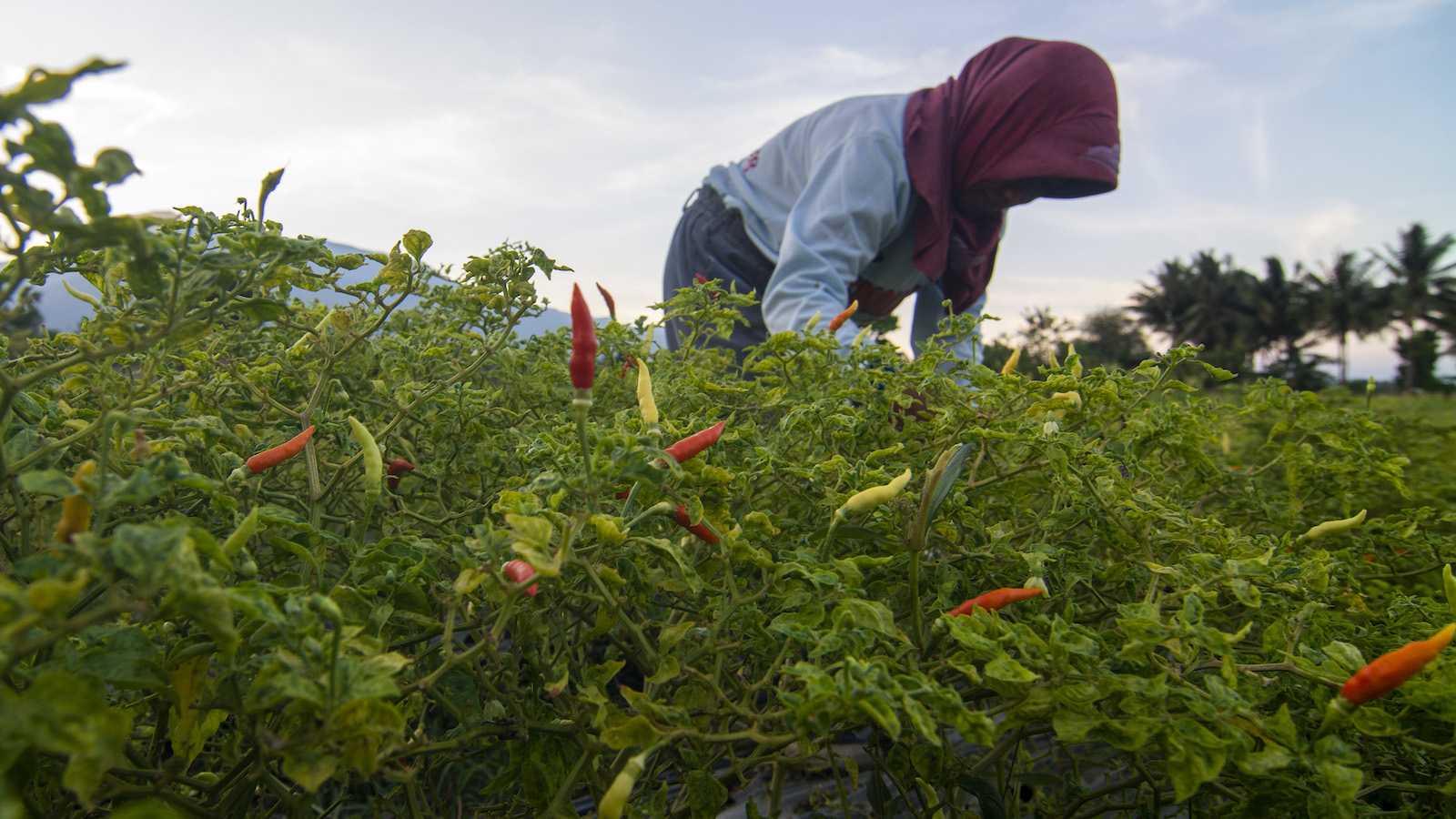Two years of discussions and negotiations culminated on Thursday and Friday, as stakeholders from around the world convened for the first-ever United Nations Food Systems Summit. The event had been branded as a “historic opportunity to empower all people to leverage the power of food systems,” both to drive the global recovery from COVID-19 and to help the U.N. achieve its 17 Sustainable Development Goals by 2030. But the lead-up to the summit was laden with controversy, ranging from disagreements over the summit’s special envoy to concerns over the private sector’s influence on the summit’s agenda.
One of the most contentious debates involved calls for the creation of a new “science-policy interface,” or SPI, that could better coordinate the procurement of food-related scientific knowledge.
The idea had been floating around for years — at least since 2015, when scientists from the University of Bonn in Germany proposed the creation of an International Panel on Food and Nutrition. They drew inspiration from existing SPIs like the Intergovernmental Panel on Climate Change, or IPCC, which aggregates research on global warming so it can make recommendations to policymakers. This new SPI, the researchers suggested, would be food-focused: It would coordinate scientific research and make policy recommendations on the food system’s role in global crises like climate change, undernourishment, food security, and biodiversity loss.
To many researchers, the proposal seemed to make sense: Food lies at the intersection of many of these crises, with each issue impacting the other in complex ways. The production of food is already responsible for more than one-third of humans’ annual greenhouse gas emissions, for example, but a booming global population could cause that number to rise even higher by midcentury. And food insecurity is widespread even though roughly one-third of the food humans produce is scrapped or left to rot on the field.
“Food interacts with so many elements of our lives,” said Fabrice DeClerck, director of science at the international nonprofit EAT. “We will not achieve the Paris climate goals without changes in food systems, we won’t achieve the biodiversity targets without changes in food systems, and we’re completely off track in terms of food meeting people’s health needs.”
It would be foolish to tackle these issues “one by one, domain by domain,” he added.

But opponents of the idea said that there are already organizations that are well-equipped to deal with the confusing nexus of food-related issues — groups like the 15-person High Level Panel of Experts, or HLPE, a U.N. body that was created in 2009. Jennifer Clapp, a professor in the School of Environment, Resources and Sustainability at Canada’s University of Waterloo, sits on the panel, and, following guidance from the U.N.’s Committee on World Food Security, or CFS, she helps write reports on specific issues — things like sustainable forestry, smallholder agriculture, and food waste.
The HLPE “meets the necessary criteria for scientific integrity, policy relevance, and legitimacy,” Clapp said. According to her, the HLPE and CFS “already serve as a strong SPI at the global level,” and they do so in a way that makes space for input and dialogue, especially from civil society and Indigenous people. This is particularly important, Clapp stressed, as it allows the HLPE and CFS to consider nonscientific forms of knowledge — Native agroeceological knowledge, for example, or anecdotal knowledge from smallholders.
Proposals for a new SPI tended to gloss over those bodies. “Most of the time the High Level Panel of Experts is not even recognized that it exists,” Clapp said.
Esther Turnhout, chair of the University of Twente’s science, technology and society department, worried that the creation of a new SPI could be an attempt to subvert these vital forms of knowledge — perhaps replacing the CFS and HLPE altogether — by elevating “science with a capital S.” Drawing from her experience in another SPI for biodiversity, she said that proponents of the new SPI should be wary of allowing politicians and corporations to use science as a shield from political difficulties, leveraging its ostensible neutrality to justify technology- and market-oriented solutions.
“They see politics as an obstacle, and they think an ‘IPCC for food’ would be able to sidestep that,” Turnhout said.

Calls for an SPI for food gained steam ahead of the U.N. Food Systems Summit. In the months of discussion preceding the event, some called it a “unique and timely opportunity” to design new decision-making structures. Joachim von Braun, one of the Swiss authors who proposed a food-centered SPI back in 2015 and chair of theFood Systems Summit’s Scientific Group, said that globalization and the increasing complexity of food chains urgently required a new approach for collecting, analyzing, and assessing food-related data.
The HLPE and CFS do good work, von Braun told Grist, but their focus on food security and nutrition is too narrow. “We need broader coverage that reaches farther into the fields of health, environment, climate science, and economics,” he said. He stressed the importance of continuing to value knowledge from stakeholders up and down the food system — including Indigenous people — but didn’t share concerns that a new SPI for food would jeopardize inclusivity.
“I don’t see the risk,” he said. “We have strong watchdogs in the food system.”
Hundreds of environmental and human rights organizations, plus groups representing Indigenous people, farmworkers, and scientists, have disagreed. The International Panel of Experts on Sustainable Food Systems, which announced in July that it would withdraw from the Food Systems Summit over “fundamental issues” of inclusion and corporate influence, has called the fight over an SPI for food “a high-stakes battle over different visions of what constitutes legitimate science and relevant knowledge for food systems.” According to a brief the organization published in July, many of those who have recently espoused an SPI for food maintain connections to “powerful public and private actors” like the World Economic Forum, and have promoted a “business-oriented agenda.”
In a letter sent to the U.N.’s secretary-general less than two weeks before the summit, two U.N. special rapporteurs and the chairs of the CFS and HLPE warned that a new SPI for food would fragment the governance of food systems — a “dangerous path” that could erode public confidence in the U.N. The letter called for “a clear commitment to support and strengthen the HLPE and the CFS,” which Clapp said could include giving the HLPE greater autonomy to investigate topics of its own choosing, as well as expanding its purview beyond food security and nutrition to encompass more elements of the global food system. Better funding, she noted, would also be welcomed.

At Thursday and Friday’s summit, countries and organizations announced commitments to tackle food waste, support family farming, and promote “nature-positive” production, but there was no big announcement about a new SPI for food. Amina Mohammed, the U.N. Deputy Secretary-General, said during a segment on future pathways that the CFS would remain an “essential platform” for providing advice on food and nutrition, but she didn’t mention the controversy.
Von Braun had warned this might happen. “The summit is not a launch event,” he said, instead calling it “the beginning of the follow-up” from the past 18 months of negotiations. Conference leaders said on Thursday that this follow-up would be facilitated in part by a “coordination hub” composed of the Food and Agriculture Organization, the International Fund for Agricultural Development, and the World Food Programme. Statements from several U.N. leaders suggested support for strengthening the CFS and HLPE, but it’s unclear exactly what will pan out.
Human rights advocates like Michael Fakhri, the U.N.’s special rapporteur on the right to food, have called for the CFS to be the forum for ongoing policy conversations. They hope that the “IPCC for food” debate will eventually come to a resolution that keeps existing mechanisms intact and strengthens their authority.
The CFS is one of the only food and policy bodies that prioritizes a “human rights-based approach,” Fakhri wrote in an op-ed published on the day of the summit. “Hopefully, it will be there that the world’s governments will decide to cooperate and devise a multilateral plan on how to overcome the food crisis.”



